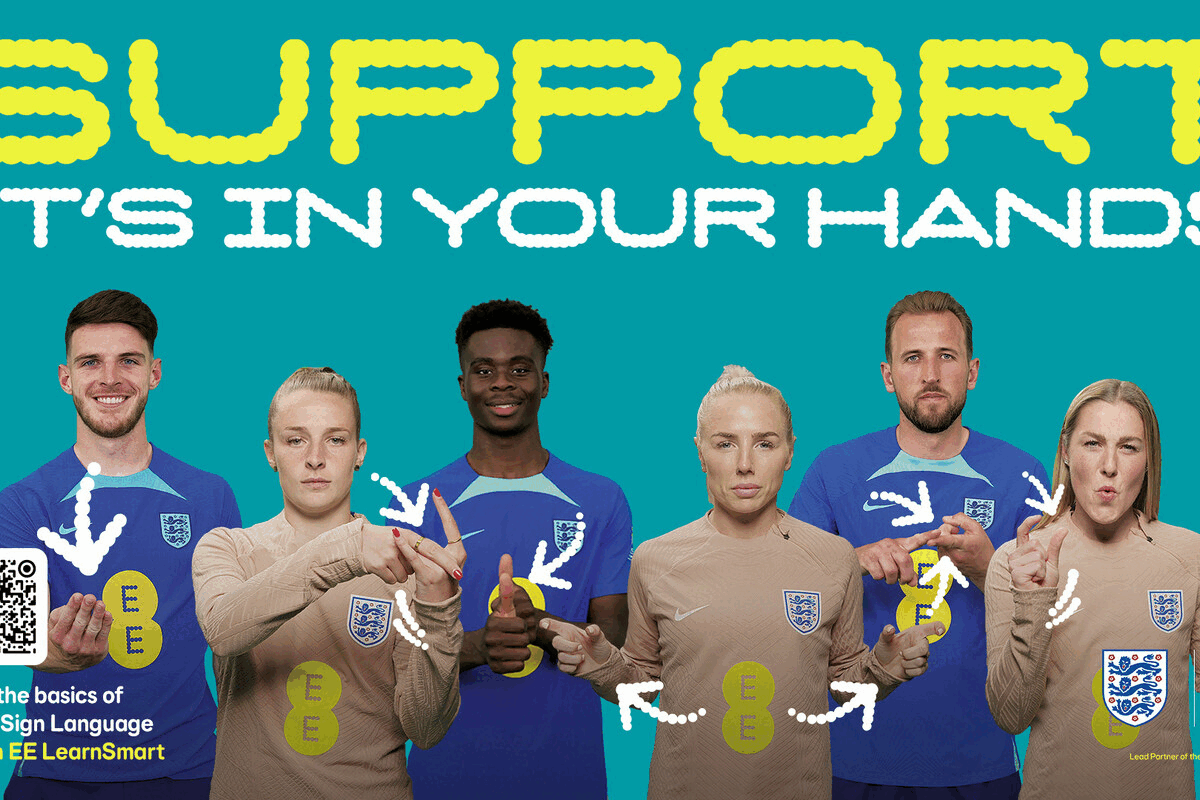Fears Over EU B2B Comms Rules Allayed
- Wednesday, January 11th, 2017
- Share this article:

Ever since a draft of the EU’s new ePrivacy rules was leaked late last year, there has been much speculation, and consternation, about its potential impact on business-to-business (B2B) marketing.
The leaked version of the rules stated that B2B marketing via electronic channels would require a prior opt-in consent, in the same way as business-to-consumer (B2C) electronic communications, including text messaging and email marketing, as stipulated in the 2003 Privacy in Electronic Communications Directive and Regulations.
So there will be much relief among European businesses today after European Commission published its final version of the ePrivacy Regulation text. The final version of the text, revealed yesterday by EU Commissioner for the Digital Economy and Society, Andrus Ansip, has moved away from the intentions expressed in the leaked version, and does not require opt-in consent for B2B email marketing, although consent will be required for sending electronic marketing to consumers.
Instead of requiring consent for B2B electronic marketing, there is a provision for member states to ensure that companies’ legitimate interests are adequately protected. This means ensuring that corporate employees are able to easily object to receiving direct marketing. The existing customer soft opt-in for email marketing will remain for business and consumer marketing.
While most businesses will welcome the rowback, however, the new rules make less pleasant reading for the likes of WhatsApp, Snapchat and Facebook Messenger, as the EU made it clear that the rules would extend beyond traditional telecoms channels to cover web-based services, including ones not yet conceived. Google could also find its ability to serve ads to Gmail users based on the content of their emails restricted to those users who positively opt in to the practice.
Commissioner Ansip, said: “The Commission is proposing new rules on privacy and protection of electronic communications data for people and business. Our proposal builds on the gold standards of the General Data Protection Regulation agreed last year. Our new rules will not only apply to traditional services like voice or SMS, but also to internet-based communications services or future services that allow any type of communication.”
Looking at the implications for B2B marketing, the Direct Marketing Association (DMA) welcomed the news. Speaking yesterday, MD Rachel Aldighieri said: “The draft of the ePrivacy Regulation leaked late last year included some changes to the rules that caused serious concern across the B2B marketing industry, with the possibility of email marketing for these businesses moving to opt-in.
“If they had gone ahead, these alterations to the law could have had a profound and negative effect on the UK economy, so we welcome today’s announcement from the European Commission. The DMA will continue to lobby the EU Parliament and Council to ensure that these rules for B2B marketers are maintained in the final text. We will be working closely with our European partners at FEDMA to achieve this and continue to protect the B2B marketing sector that is so vitally important to the UK economy.”
As the DMA notes, however, this is not the end of the story, but rather, only the beginning of the legislative process, as the EU Parliament, the directly elected body, will have a chance to make amendments to the text, as will the EU’s Council of Ministers, which represents the 28 member states. That said, things look a lot better for EU businesses than it appeared they might do.

















